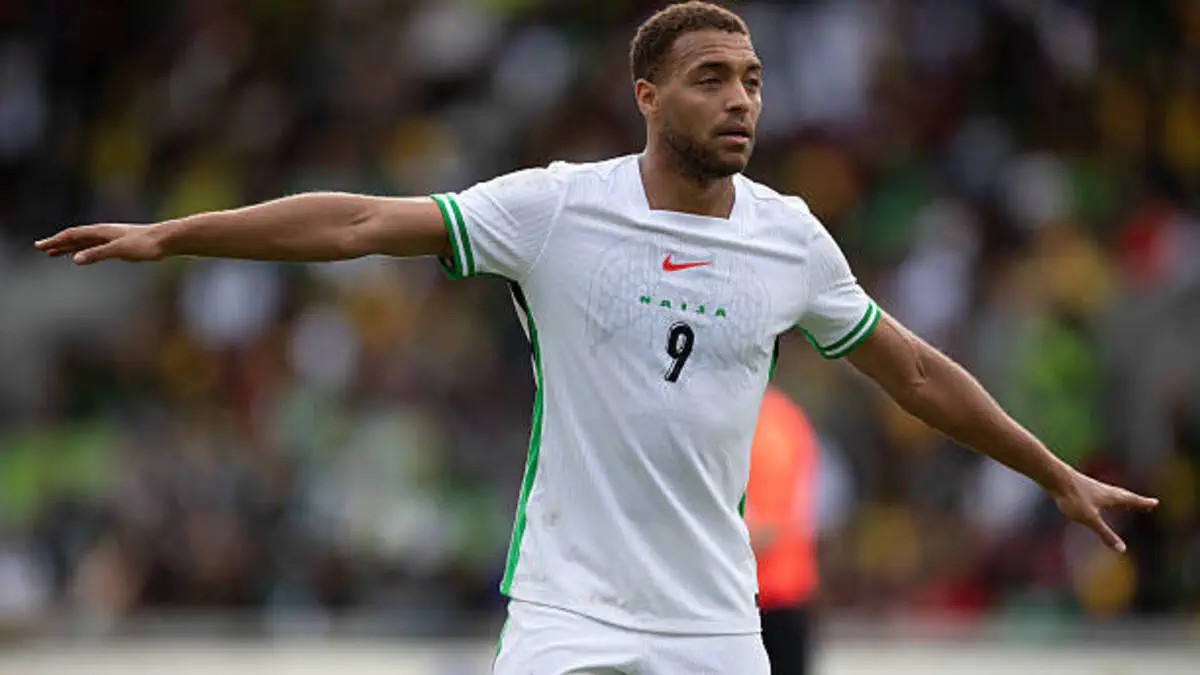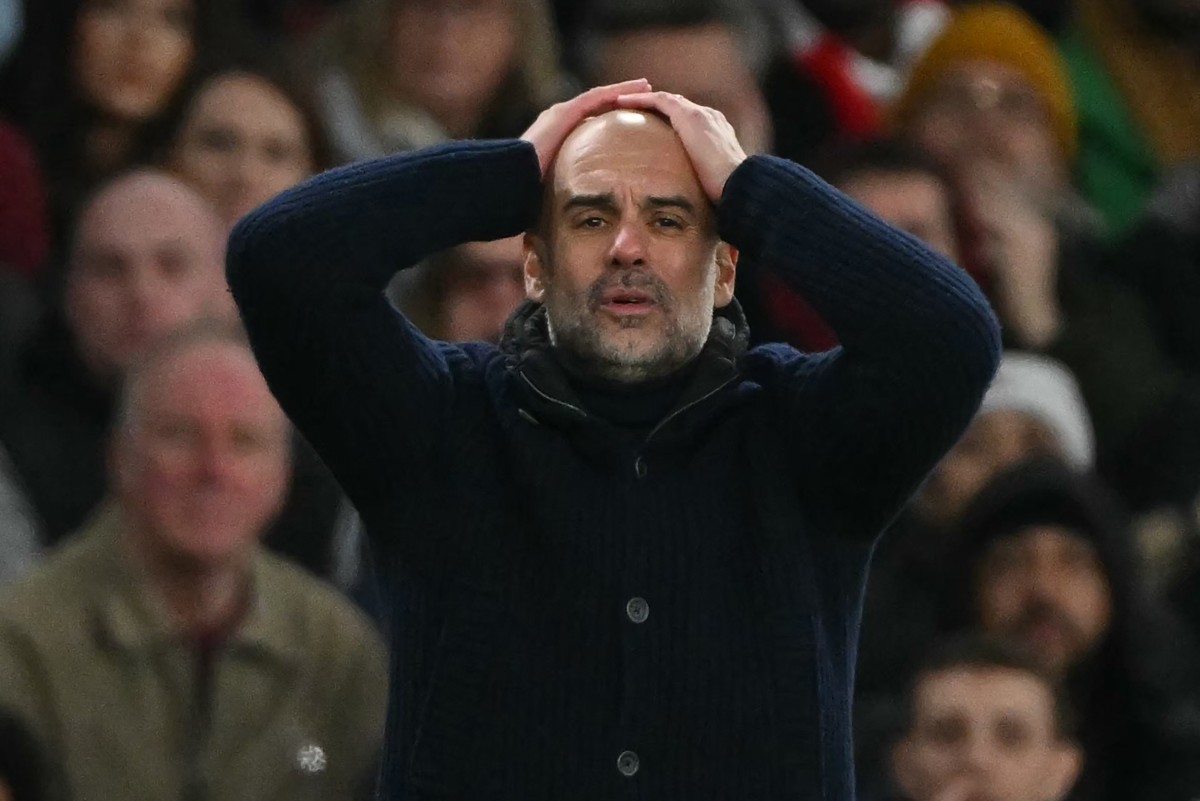Zimbabwe, which have been playing their home games of the 2026 World Cup qualifying series in South Africa, have elected to host their match against the Bafana Bafana in Rwanda.
Zimbabwe will travel to Abidjan, Cote d’Ivoire, to play against Benin Republic on September 1 and then host Rwanda in South Africa on September 5. Their game against South Africa on October 5 will hold in Rwanda.
The Southern Africans still retain hopes of qualifying for the 2026 World Cup to be hosted by the United States, Canada and Mexico despite their poor standing in Group C of the series.
South Africa lead the group on 13 points, followed by Rwanda and Benin Republic, who have eight points each, with Nigeria in fourth position on seven points.
Lesotho and Zimbabwe are on six and five points respectively.
But buoyed by their 1-1 draw with Nigeria on the last matchday in Uyo, the Warriors want to give themselves all the advantage they can get in the remaining games of the qualifiers.
FIFA banned Zimbabwe from hosting any of the games because they don’t have a stadium suitable for matches of that standard, hence they chose neighbouring South Africa for their ties.
Now, with a view to getting the win they require against South Africa to keep their hopes alive, Zimbabwe have received approval from the Confederation of African Football (CAF) to shift their game against the Bafana Bafana to Rwanda.
Nigeria’s faint hopes of qualifying automatically for the World Cup from Group C depends on South Africa’s results against such teams as Zimbabwe and Lesotho, as well as the outcome of CAF’s probe on the Bafana Bafana’s use of ineligible player in their game against Lesotho.
The South Africans will travel to Lesotho on September 1 before hosting Nigeria in what looks like the ticket decider on September 5.
After their game against Zimbabwe on October 5, the same day the Super Eagles will be away to Lesotho, the Bafana Bafana will end their campaign at home to Rwanda on October 8. That same day, Nigeria will host Benin Republic in their last game.
The winner of the group will qualify automatically for the World Cup, while the second placed team, if it has good standing on the table, will qualify for a play-off among the best second-placed teams from the African qualifying series.
The winner of that play-off will represent Africa in an inter-continental play-off, which offers one ticket to the World Cup.






